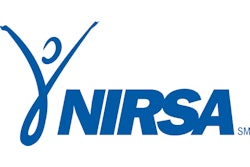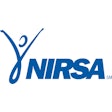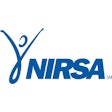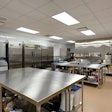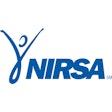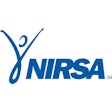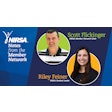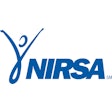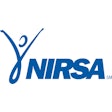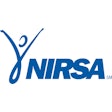In two previous posts, I wrote about best practices for submitting requests for qualifications from architectural firms and for interviewing the firms with which you’re most interested in working.
Before we wrap up this topic, though, I want to focus on six important do’s and don’ts to be aware of during the RFQ process — especially when it comes to the interviewing stage.
Here are a few important rules of conduct to keep in mind as you move through the process:
From AB: RFQs 101: How to Interview Architecture Firms
• DON’T separate interviews by more than consecutive days. It’s hard enough to remember who said what from which firm. If you spread out interviews over too many days, keeping track of details from each one and scoring each firm appropriately in the evaluation process becomes even more cumbersome.
• DO ask organic questions. Canned questions that follow a generic script lead to canned answers that result in generic insight — which does nobody any good. If you’re not sure what specific questions to ask, consult peers who have been through this before. They’ll welcome the opportunity to provide “I wish we had asked” input and give you additional context and direction to rely upon when sitting across the table from prospective design teams.
• DON’T shortchange yourself on Q&A time. You’ll get your best insight into the teams when they are off-script. Allow time for conversation about your hot-button topics and how the design team will address them. Designating at least 10 to 15 minutes for Q&A is pretty typical. Allow a few more minutes to run over if the conversation warrants.
• DO keep competitors separated. We architects generally get along with each other, but sitting together in a lobby when you’re pitching competing proposals can be awkward and should be avoided, if possible. Additionally, in rare circumstances, we’ve had to undergo the interviewing process in a public meeting, such as in front of a council or commission. In such a scenario, the final firm presenting has a clear advantage, after seeing and hearing the previous presentation and discussion. The “wait in the lobby” solution to this problem is not a solution at all when meetings are televised. I have seen competitors watching other presentations on their phones, or even planting someone in the audience.
• DON’T eat during an interview. You’d be surprised, but this happens. Schedule lunch and have it brought in for your team, between interviews if necessary. Also have water available for everyone throughout the interview process.
• DO notify non-winning firms in writing. More than simply a courtesy, thanking firms that lost out for their interest and investment in pursuing your work indicates your level of professionalism and also might encourage those firms to keep you on their radar when responding to future RFQs.
The RFQ process, although time-consuming, is a critical first step in establishing a relationship with the architecture firm that is going to see your project through from the earliest design phase to the grand opening. Taking the time to complete this process as successfully as possible can result in a positive project experience.





















